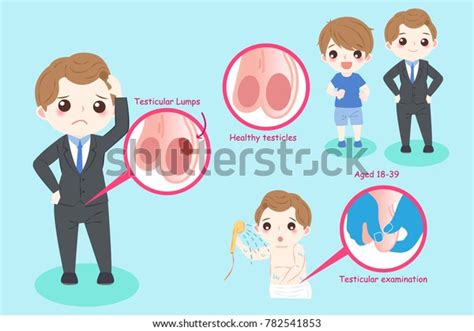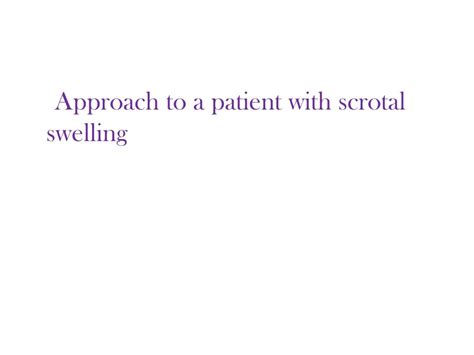What are some early warning signs of testicular cancer that men should be aware of during self-examinations?

Testicular cancer, while relatively rare, is the most common cancer in men aged 15 to 49. Early detection is key to successful treatment, and one of the most effective ways to achieve this is through regular testicular self-examinations (TSEs). Knowing what to look and feel for can empower men to identify potential issues promptly.
The Importance of Regular Self-Examinations
Performing a TSE once a month is a simple yet vital habit. The best time to do it is during or after a warm shower or bath, as the heat relaxes the scrotal skin, making it easier to feel anything unusual. During the examination, men should get to know the normal feel of their testicles, which are typically firm, smooth, and oval-shaped. It’s normal for one testicle to be slightly larger or hang lower than the other, and for a soft, comma-shaped structure called the epididymis to be present at the back of each testicle.

Key Warning Signs to Look For
During a self-examination, men should carefully feel each testicle with both hands, using their thumbs on top and fingers underneath, gently rolling it between their fingers. The primary goal is to identify any changes or abnormalities. Here are the crucial warning signs to be aware of:
1. A Lump or Enlargement in Either Testicle
This is the most common sign of testicular cancer. The lump is often painless, but it can sometimes cause discomfort. It might be pea-sized or larger and can be felt on the front or side of the testicle. Any new lump or swelling should be taken seriously, even if it doesn’t cause pain.

2. A Feeling of Heaviness in the Scrotum
Some men report a dull ache or a sensation of heaviness in the scrotum, even without a distinct lump. This feeling can be persistent and may not be relieved by rest.
3. Dull Ache in the Abdomen or Groin Area
Testicular cancer can sometimes cause a dull ache in the lower abdomen or groin, which may be mistaken for other conditions. If this ache is persistent and unexplained, especially in conjunction with other symptoms, it warrants investigation.
4. Sudden Collection of Fluid in the Scrotum (Hydrocele)
While usually benign, a sudden accumulation of fluid around the testicle, causing swelling, can occasionally be a symptom of testicular cancer. This is particularly concerning if it’s new or rapidly developing.

5. Pain or Discomfort in a Testicle or the Scrotum
Though many testicular cancers are painless, some can cause pain or tenderness. Any unexplained pain in the testicle or scrotum, whether sharp or dull, should not be ignored. It might also present as a feeling of sensitivity or tenderness.
6. Shrinkage of a Testicle (Atrophy)
If one testicle appears to be smaller than usual or has undergone a change in size or texture, it could be a warning sign. This might be accompanied by a change in its normal firmness.

When to Seek Medical Attention
It’s crucial to understand that not all lumps or changes are cancerous. Many conditions, such as infections, cysts, or benign growths, can cause similar symptoms. However, if you discover any of these warning signs during a self-examination, or notice any changes from your normal, it is imperative to contact a doctor without delay. Do not wait for pain to develop or for the symptom to disappear on its own. A healthcare professional can accurately diagnose the cause through physical examination, ultrasound, and blood tests.
Empowering yourself with knowledge about your body and making self-examinations a routine part of your health care can significantly improve outcomes for testicular cancer. Early detection truly saves lives.










